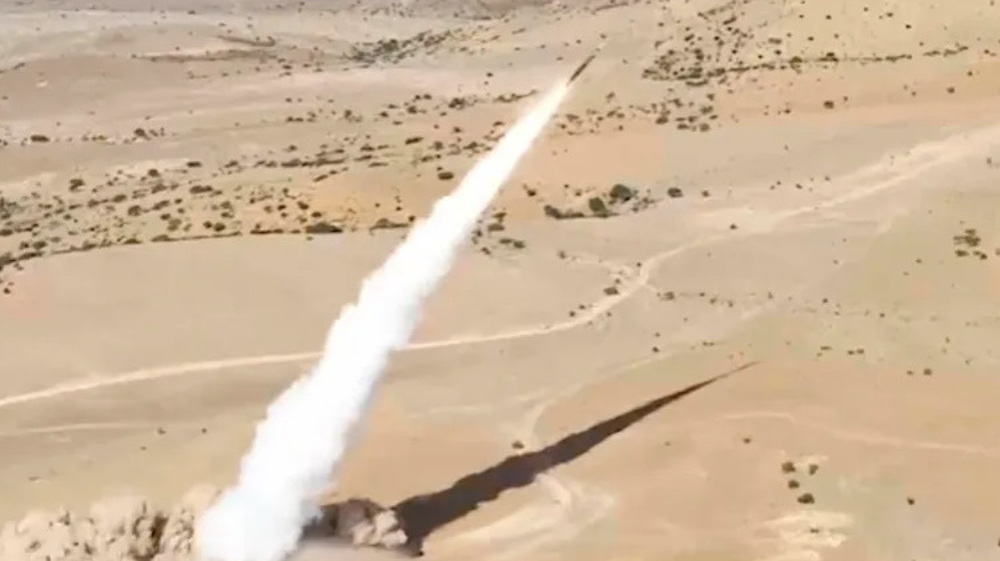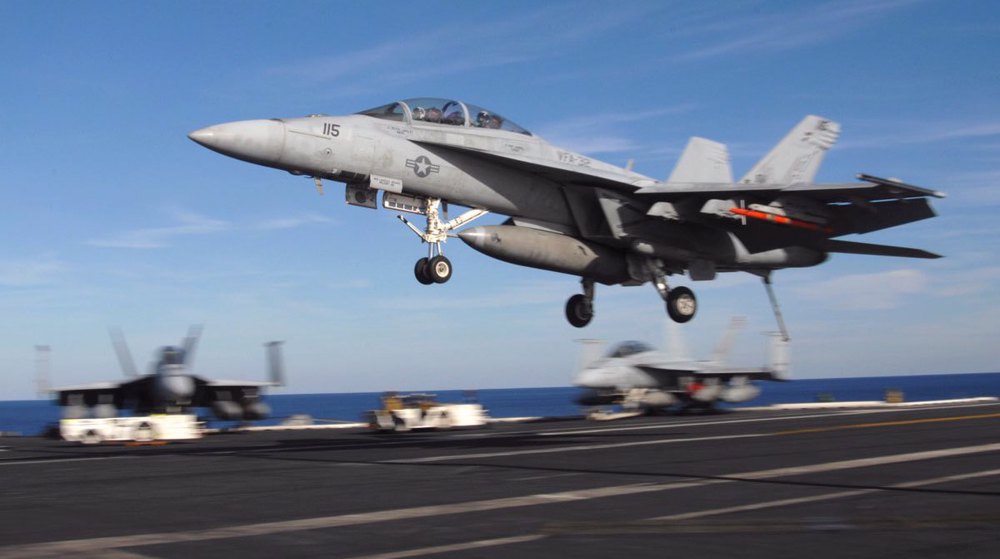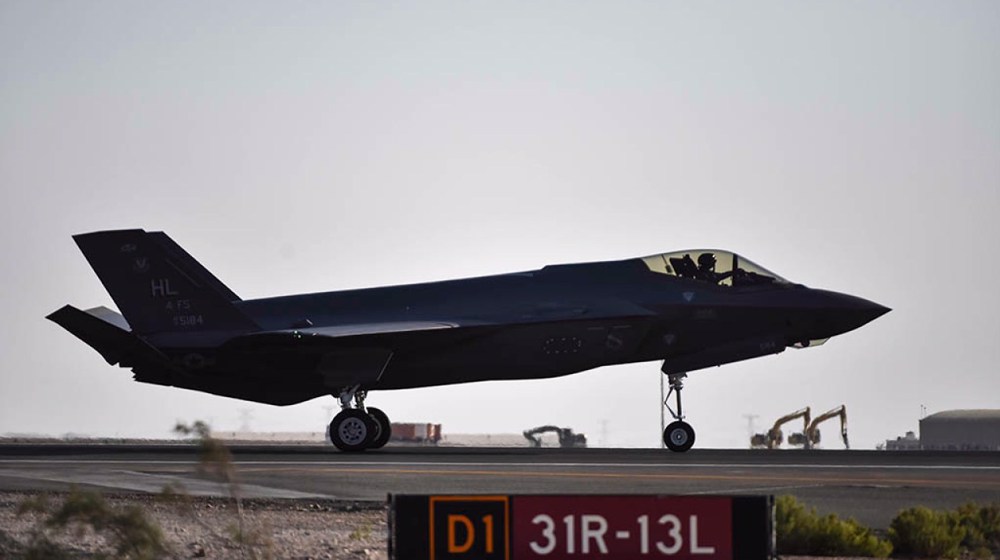Pompeo sued over US 'rushed' arms sale to UAE
A lawsuit has been filed against US Secretary of State Mike Pompeo at a federal court to block his "rushed” arms sale to the United Arab Emirates, at the final weeks of Donald Trump’s presidency.
The New York Center for Foreign Policy Affairs seeks to block the Trump administration’s $23 billion arms deal with the Persian Gulf country.
Pompeo, who oversees the State Department’s authorization of government-to-government arms sales, “rushed” to make the deal, without proper oversight or justification, said the complaint.
“The department failed to provide a reasoned explanation for its rushed sale of sensitive weapons systems to the UAE, nor can one infer that it has one, given the available evidence,” according to the complaint.
“Indeed, widespread and publicly available evidence suggests that the weapons being sold will be used in direct contravention of world peace and US security, as well as prior US policy,” it added.
The research group seeks a court order forcing Pompeo and the State Department to rescind the transaction.
Pompeo said the weapons would address “UAE’s need for advanced defense capabilities,” and that the “sale will make the UAE even more capable and interoperable with US partners,” according to the complaint.
“More is required under the law,” however, said the group.
It said that approval can only be granted if a deal “will strengthen the security of the United States and promote world peace.”
Earlier this month, US Senate failed to block the sale of advanced F-35 fighter jets and drones to the UAE.
The White House had earlier threatened to veto the measures — seeking to block the sale — if they passed the Senate and House of Representatives.
The White House had informed Congress in November about the sale to the UAE of the F-35, more than 14,000 bombs and munitions, and the second-largest sale of US drones to a single country.
Democrats said president Trump cut short or sidestepped Congress’ typical review of major weapons sales.
US lawmakers also expressed concern about whether the arms sales to the UAE would violate a longstanding US agreement with Israel that any American weapons sold in the Middle East would not impair Tel Aviv’s "Qualitative Military Edge" (QME) in the region.
Israel had considered its own F-35 fleet to be vital to its own strategic edge over Arab nations but dropped its opposition to the US sale as it saw the advantage of normalized ties with the UAE.
The sale, which according to experts could take six to eight years to deliver, is expected to be reviewed by the incoming Biden administration.
Over the past four years of Trump’s presidency, lawmakers have repeatedly failed to block his plans for arms sales to Washington’s allies in the Middle East, including Israel and Saudi Arabia.
Last year, the president vetoed a series of measures that would have blocked the sale of billions of dollars of arms to Riyadh and Abu Dhabi.
The US president claimed back then that blocking the arms sales “would weaken America’s global competitiveness and damage the important relationships we share with our allies and partners.”
The state department has this week approved the sale of $290 million in bombs to Saudi Arabia, which has waged a longs-year devastating war on Yemen.
The defense security cooperation agency announced the approval of sale of the GBU-39 small diameter bomb munitions and related equipment to the kingdom on Tuesday.
On the same day, it announced approvals for the sale of AH-64E Apache helicopters worth $4 billion to Kuwait.
Saudi Arabia has been Washington’s number one weapons buyer.
In Christmas message, Pope laments ‘extremely grave’ situation in Gaza
Hamas says Israel created new obstacles to Gaza truce deal
Pakistani military conducts airstrikes on militant hideouts in eastern Afghanistan
VIDEO | Displaced settlers frustrated
VIDEO | Christmas: Time for peace
Turkey will bury Syria’s Kurdish militia if they fail to disarm: Erdogan
VIDEO | Christmas in Syria: Hope amidst uncertainty
Israel attacks eastern Lebanon for first time since ceasefire














 This makes it easy to access the Press TV website
This makes it easy to access the Press TV website